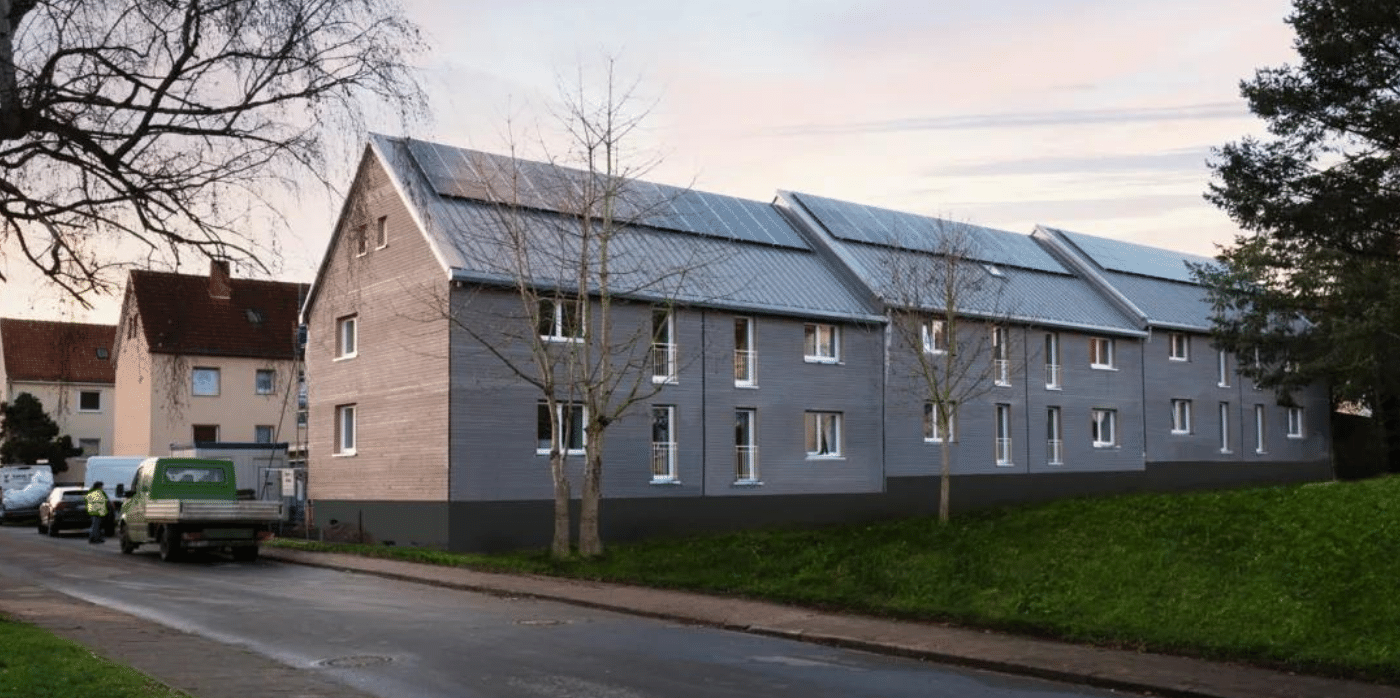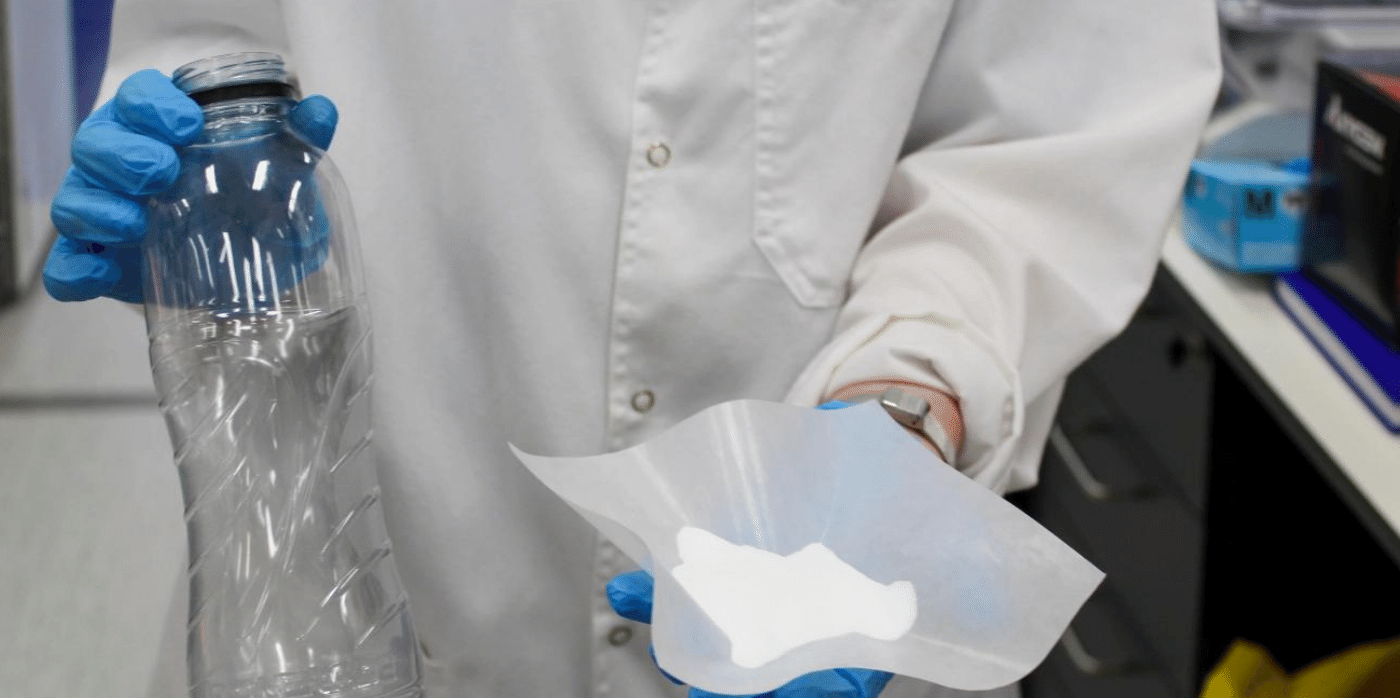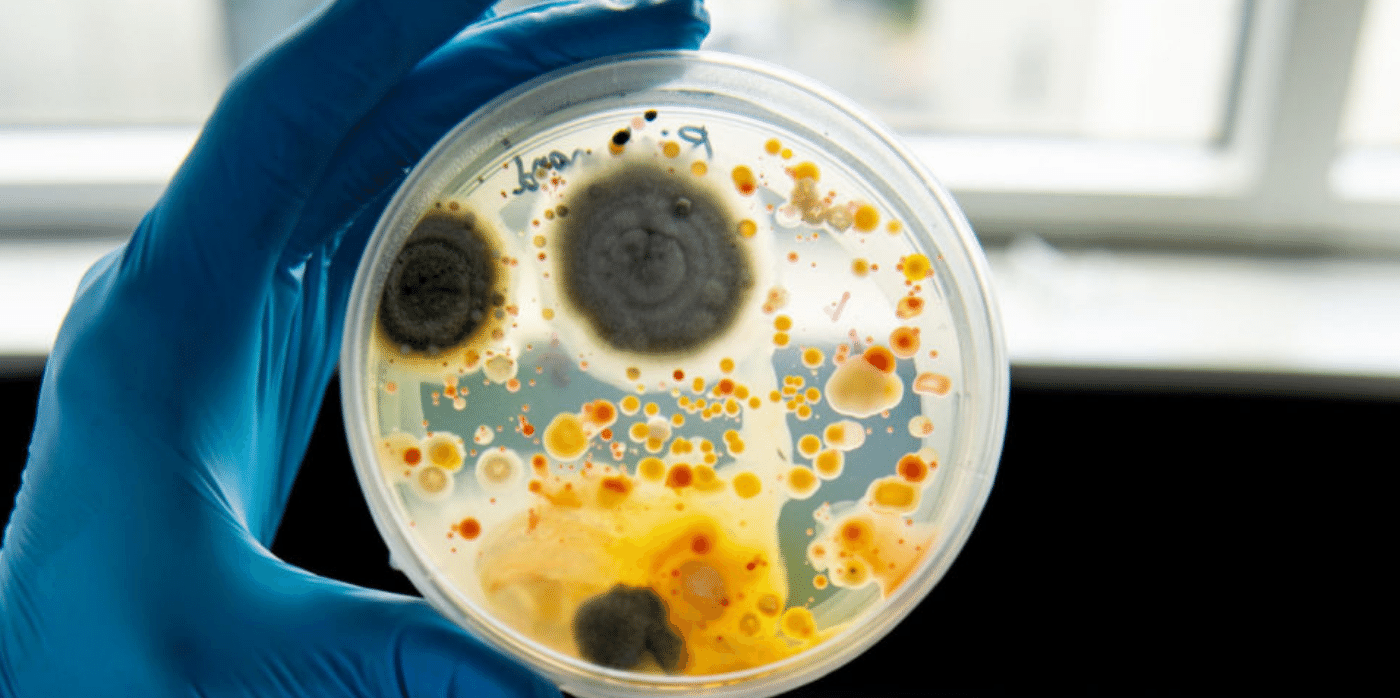A Peruvian startup uses drones and AI to help farmers make better decisions
Spotted: Farmers have always had to contend with the vagaries of the weather, but in recent years, increasing variability and extreme weather conditions have made it even harder to maintain healthy crops. Now, there’s a new tool in the fight against unpredictable conditions.
As a leading provider of agricultural technology solutions, Space Ag is using data captured from drones and mobile sensors to generate artificial intelligence models that help farmers make better decisions. This includes maximising yields, optimising the use of resources such as water and fertilisers, and reducing the impact of pests and diseases.
Space Ag’s high-precision drones can capture aerial images of fields and provide farmers with a complete vision of their crops’ state. The drones’ precise analysis of plant health also makes it possible to improve harvest forecasts and effective field inspections. And because they can also detect irrigation problems, the drones offer a comprehensive solution for maintaining healthy crops.
SpaceAG was founded in Peru in 2017 by Cesar Urrutia and Guillermo De Vivanco. As the largest exporter of blueberries and second exporter of Hass avocados in the world, the duo decided that Peru was the perfect country to launch their company from. The pair’s aim was to transform agriculture into a sustainable industry that could feed a growing population while taking care of the planet.
So far, Space Ag has over 35 customers in seven different Latin American countries with more than 1,000 active users.
Other solutions spotted by Springwise aimed at maximising farm yields include an app that provides Indonesian farmers with real-time weather information, a startup speeds up the development of safe herbicides, and a software platform that helps farmers improve their agriculutral management.
Written By: Katrina Lane
29th July 2022
Website: spaceag.co/en/home
Contact: spaceag.co/en/contact





